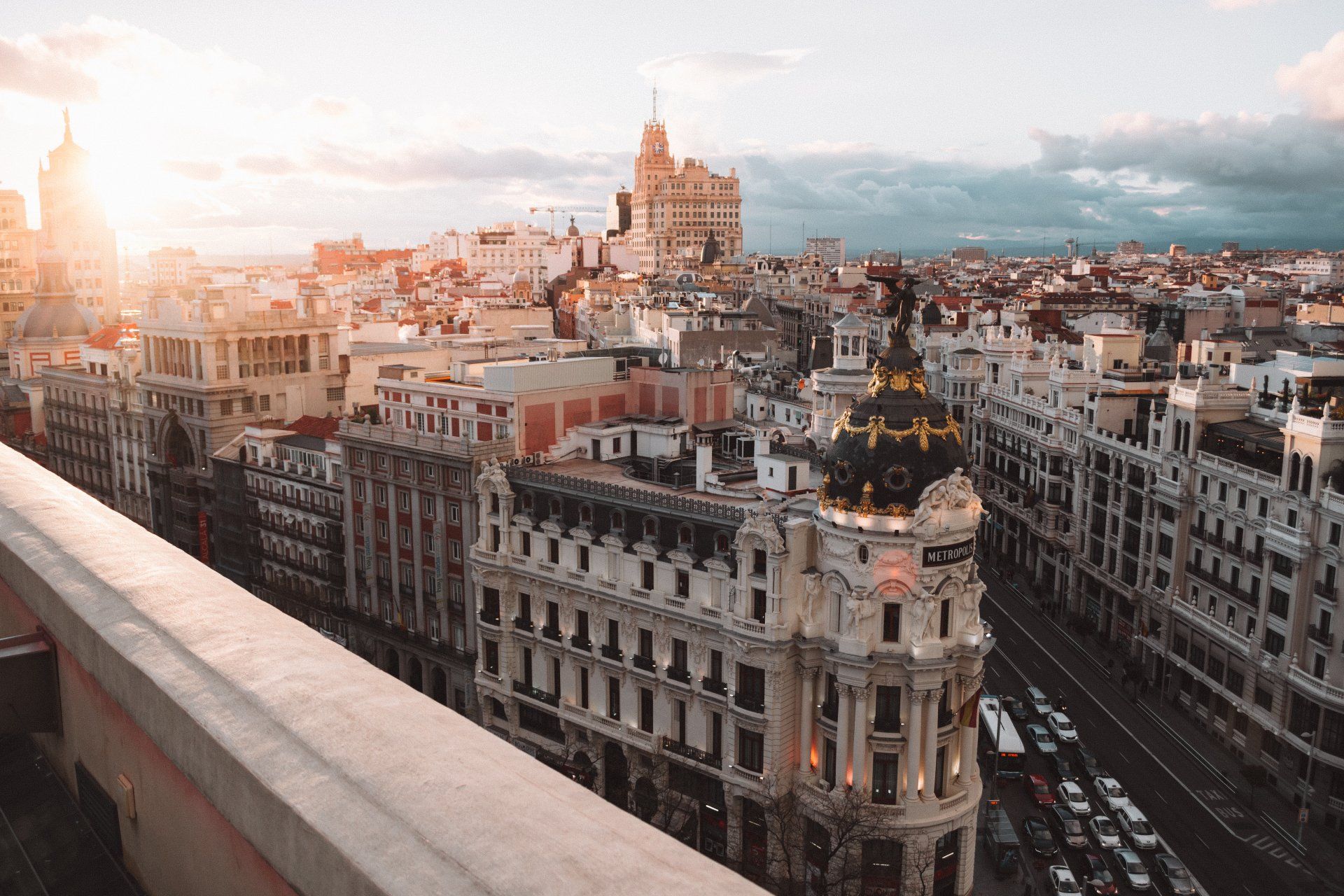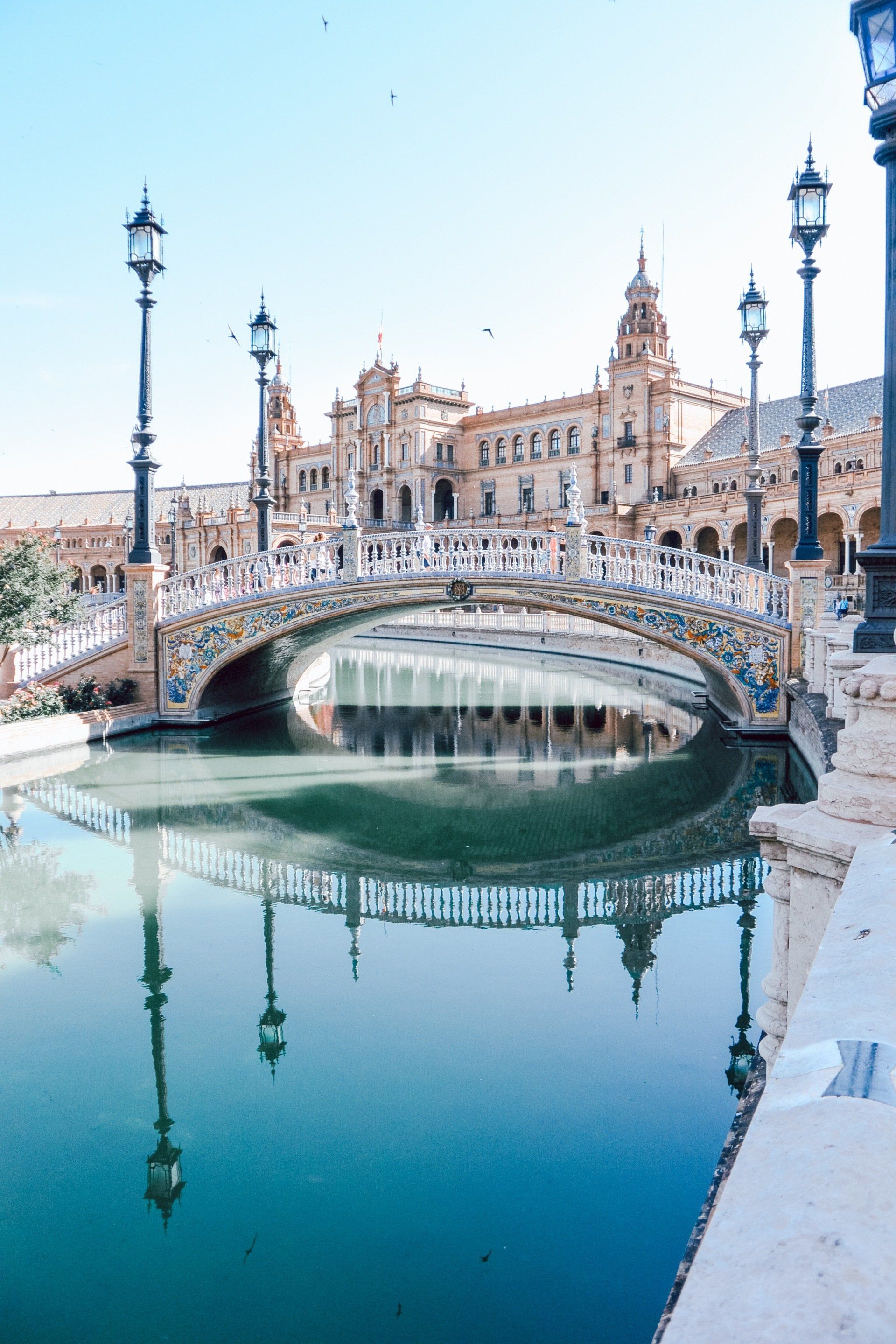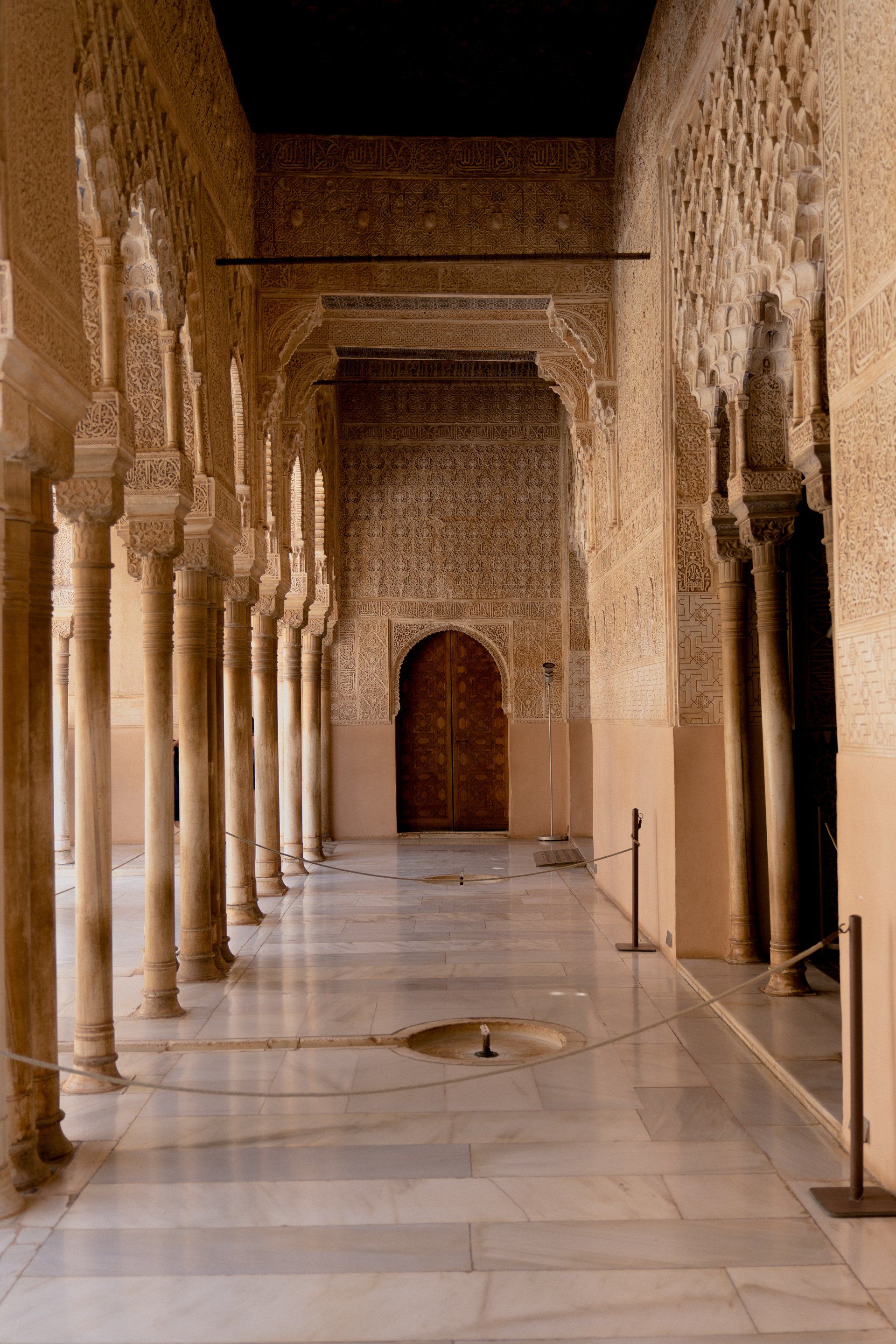Spain
Experience the Vibrant Heart of Spain: A Journey Through Time and Taste
From the sun-kissed beaches of Costa del Sol to the historic streets of Seville, discover the enchanting blend of culture,cuisine, and unspoiled landscapes that await in spectacular Spain
Welcome To Spain
Spain, a vibrant country located on the Iberian Peninsula, is known for its rich cultural heritage, diverse landscapes, and passionate people. From the sun-drenched beaches of the Costa del Sol to the historic streets of Barcelona and the festive atmosphere of Madrid, Spain offers a plethora of experiences that appeal to every type of traveller. This guide aims to equip you with all the necessary information to navigate this lively nation, ensuring a journey filled with adventure, culture, and unforgettable memories.
The essence of Spain is found not only in its iconic landmarks and scenic views but also in the daily life and traditions of its people. Here, life is lived to the fullest with a late-night culture where dinner at 10 PM is the norm, and vibrant fiestas can stretch into the wee hours of the morning. Whether you're sampling tapas in a bustling Spanish plaza or watching a fiery flamenco performance, the spirit of Spain is sure to captivate and charm you.
Each region of Spain tells a different story, offering unique experiences from the Moorish palaces of Andalucía to the modernist architecture of Catalonia. The country's history is a complex tapestry of Christian, Muslim, and Jewish influences, which are beautifully reflected in its art, architecture, and daily life. As you travel through Spain, you'll discover not just an extraordinary range of landscapes but also a profound sense of history and tradition that resonates throughout this dynamic country.
Offers
Holiday Offers
Currency
The currency used in Spain is the Euro (€). Like Italy, cash is still preferred in many smaller establishments, though credit cards are widely accepted, especially in larger cities and tourist areas.
Flight Time
Direct flights from the UK to Spain typically range from about 2 to 2.5 hours, depending on your destination. Major Spanish cities like Madrid, Barcelona, and Seville are well-connected by international airlines, offering both regular and low-cost flight options.
Language
Spanish is the official national language of Spain. However, regions like Catalonia, the Basque Country, and Galicia also have their own official languages, such as Catalan, Basque, and Galician. English is commonly spoken within tourist areas and major cities, though knowing some basic Spanish phrases can greatly enhance your travel experience.
Visa
UK citizens can enter Spain without a visa for short stays of up to 90 days within a 180-day period. This is applicable for both tourism and business purposes. Ensure your passport is valid for at least six months beyond your intended stay.
Best Time to Visit Spain
The best time to visit Spain largely depends on the region and your personal preferences. Spring (March to May) and autumn (September to November) are considered ideal for visiting most parts of Spain. These seasons offer pleasant weather and fewer crowds, allowing for a more relaxed exploration of the cities and countryside.
Summertime (June to August) is perfect for those looking to enjoy Spain’s famous beaches or who are attending one of the many summer festivals, such as La Tomatina or San Fermín. However, it's also the peak tourist season, so expect higher prices and larger crowds.
Winter (December to February) is generally mild compared to other European countries, making it a good time for city tours in the south, or for enjoying winter sports in the northern mountains, like the Pyrenees.
Must Visit Destinations

Barcelona
A city of artistic creativity and architectural wonders, Barcelona is renowned for the whimsical works of Antoni Gaudí, such as the Sagrada Familia and Park Güell. The city’s vibrant streets, rich Catalan culture, and beautiful beaches make it a top destination in Spain.

Madrid
Spain’s capital is a city of elegant boulevards, expansive, manicured parks, and some of the most prestigious art galleries in Europe, like the Prado Museum. Madrid is also known for its lively nightlife and exquisite dining scene, offering a slice of Spanish life in its purest form.

Seville
The heart of Andalucian culture, Seville is famous for its Gothic and Moorish architecture, like the Alcázar palace and the awe-inspiring Seville Cathedral. The city is also the birthplace of flamenco dancing, providing visitors with an intense, passionate cultural experience.

Granada
Set at the foothills of the Sierra Nevada mountains, Granada is captivated by the Alhambra, a sprawling Moorish complex that combines stunning architectural beauty with lush gardens. Granada offers a unique blend of Christian and Muslim historical influences, reflected in its food, architecture, and traditions.
Safety Tips
Spain is a relatively safe country for tourists, but as in any popular destination, it's advisable to remain vigilant, particularly against pickpocketing in crowded areas. Keeping valuables out of sight and using common sense will generally keep you safe.
Culture and Etiquette
Respect and understanding of local customs and etiquette are appreciated in Spain. Meals are typically eaten later than in most European countries, and siestas are still observed in some parts of the country, which might affect opening hours of shops and businesses. Greetings are warm, often involving a handshake or kisses on both cheeks.
Finally...
A trip to Spain offers not only a feast for the senses with its vibrant colors, sounds, and flavors but also a deep dive into a country rich in history and tradition. Whether you are exploring its cities, coasts, or countryside, Spain promises a journey filled with warmth, passion, and unforgettable experiences. Pack your bags and prepare to immerse yourself in the lively and inviting Spanish culture. Buen viaje!
TripEase.uk is a trading name of TripEase Ltd and is registered in England and Wales with registered number 0204 570 2429 whose registered office address is 71-75 Shelton Street, Covent Garden, London, United Kingdom, WC2H 9JQ
© 2024 TripEase Ltd. All Rights Reserved.





